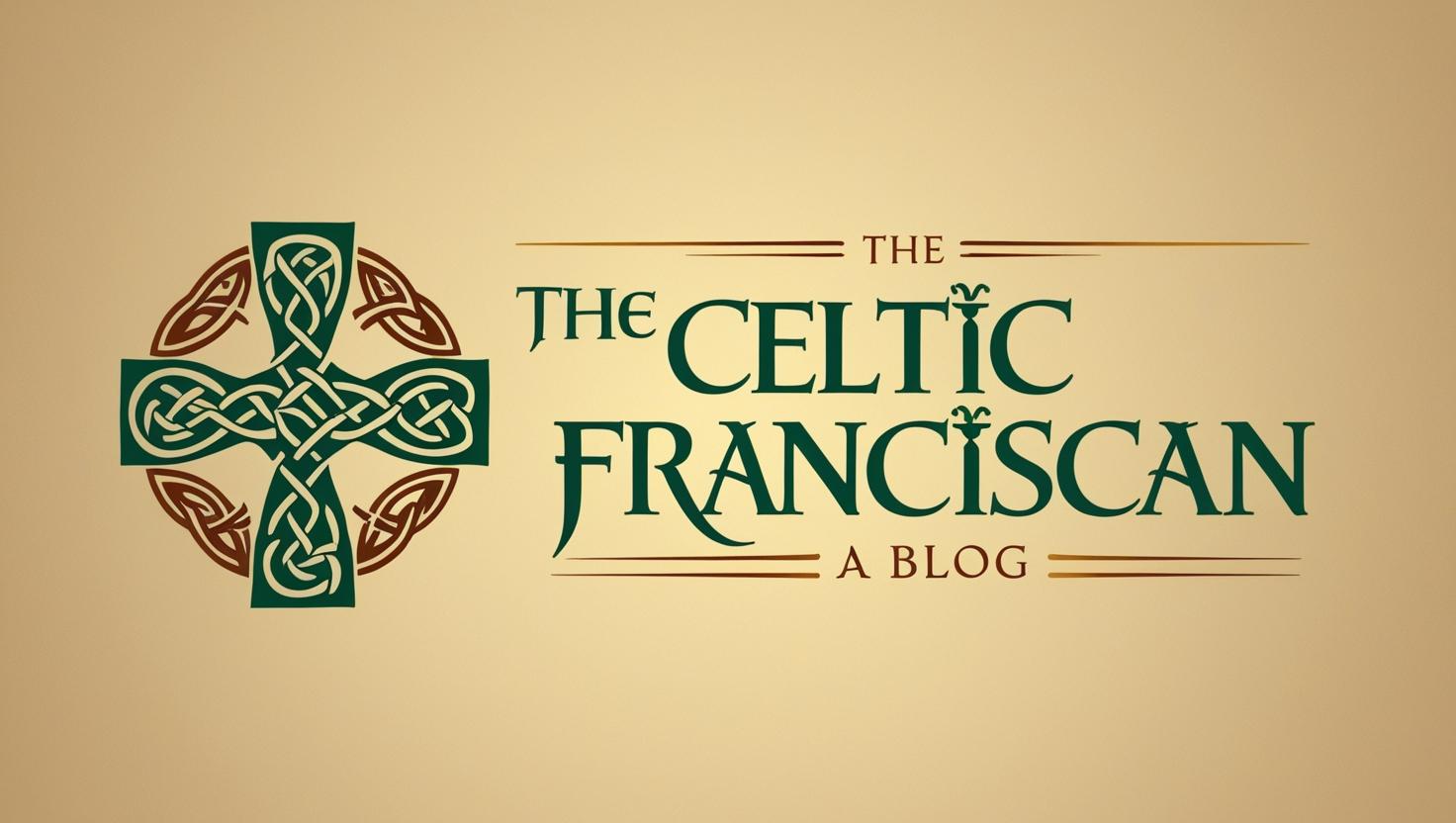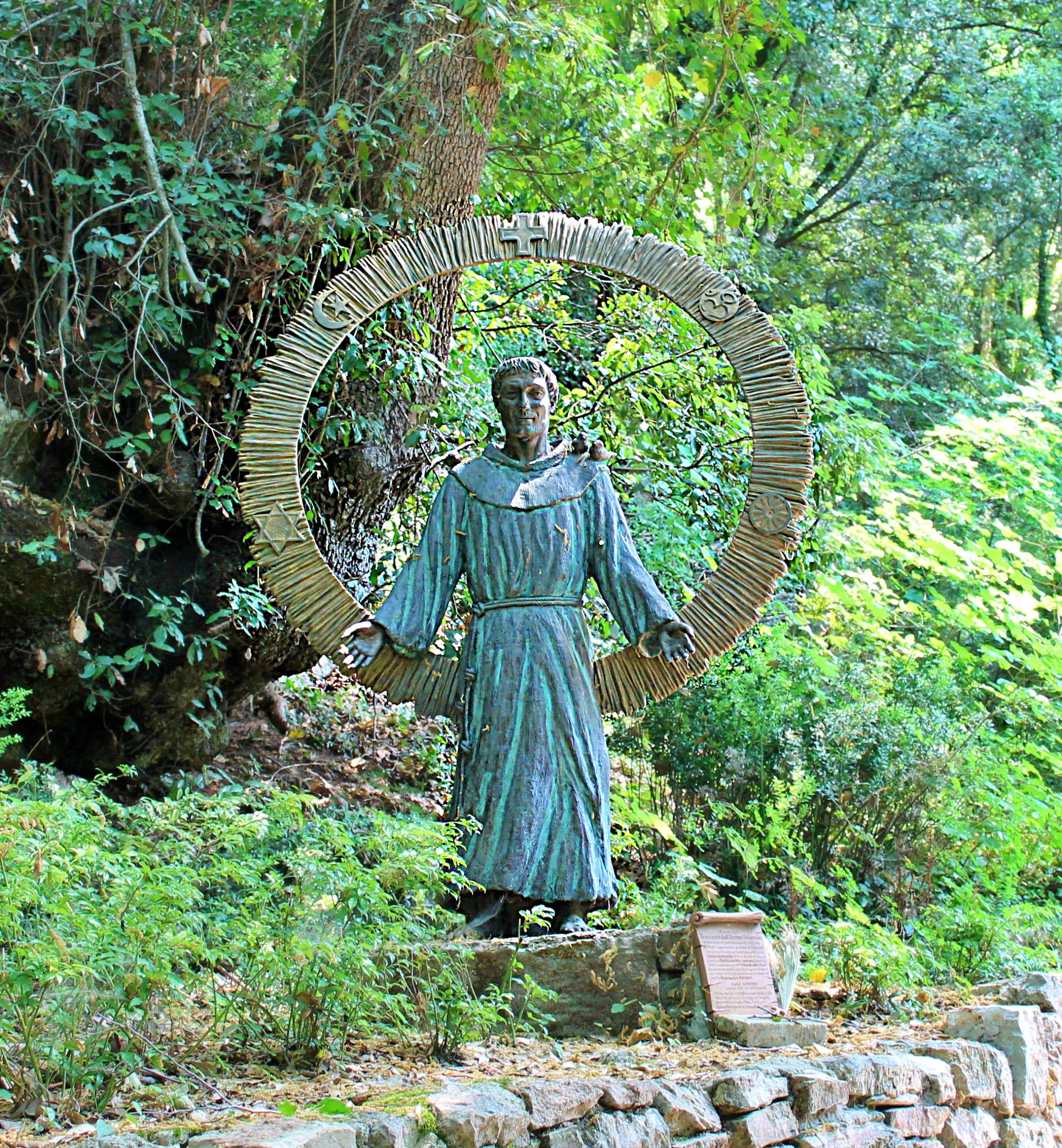“For many will come in my name, claiming, ‘I am the Messiah,’ and will deceive many.” Matt 24:5
Recently, an article crossed my desk about “AI Jesus” chatbots, a digital personalities trained to sound like the Lord, offering prayer, counsel, and comfort for a fee. These tools use the language of faith as a lure, packaging sacred encounter into a subscription model.
On the surface, it might seem harmless, even helpful. A bit of scripture here, a compassionate-sounding reply there. But as a Franciscan, and as one shaped by Celtic Christian spirituality, I believe this strikes at the heart of something essential: the mystery of God’s presence, and the sacredness of human-to-human ministry.
Prayer Is Not a Transaction
In the Franciscan way, prayer is not a commodity. It’s not “content” to be consumed, nor an experience on-demand to soothe us for a monthly fee. Prayer is a living conversation, God with us, us with God, rooted in mutual presence, vulnerability, and love.
A chatbot can generate religious language, but it cannot carry the Holy Spirit. It can imitate intimacy, but it cannot embody compassion. The danger is not just in the fakery—it’s in the profit motive. When prayer is commercialized, it risks becoming what the Gospel warns against: the tables in the temple that Jesus overturned.
Simulated Relationship Is Not the Incarnation
The Incarnation means God entered into the mess and beauty of real human life. That is where Christ meets us in the mire. Francis of Assisi sought the face of Christ in lepers, strangers, and the poor, not in algorithms tuned for brand engagement.
When we replace living community and pastoral presence with a monetized simulation, we risk losing the hard, holy work of being with one another in joy and in suffering. We risk mistaking a convincing likeness for the living Christ.
Our Call
The Celtic imagination sees God’s fingerprints in all of creation—waves, wind, and human faces. The Franciscan heart insists that love is lived, not just spoken. If we allow code to stand in for connection, we not only diminish our relationships, we flatten the mystery of God into a chatbot’s script.
Technology can serve faith when it deepens real relationship, builds community, and protects the vulnerable. But when it mimics relationship for profit, it moves into dangerous territory: a counterfeit sacrament.
A Final Word
As the Church and as seekers, we need to ask not just can we build AI that sounds like Jesus, but should we? I personally think we need to start advocating for legislative boundries to what AI and and can’t be used for.
Let us hold fast to the slow, relational, Spirit-filled work of true prayer. Let’s keep the mystery wild, uncommodified, and free.
“All is holy for those who have learned how to see.” — Franciscan wisdom
#Franciscan #CelticChristianity #AIethics #PrayerNotProduct #Incarnation




